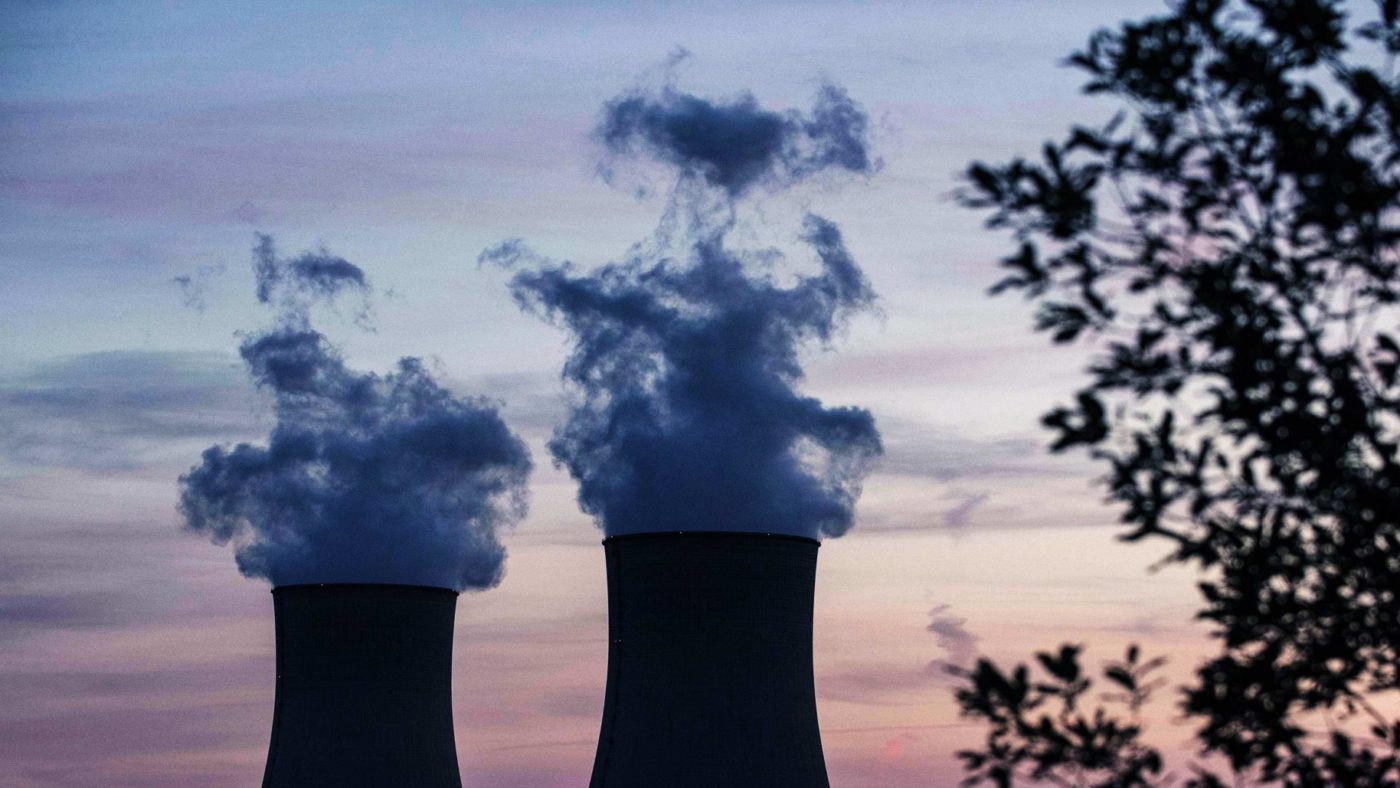Three cheers for Zion Lights.
That’s not a sentence I would have ever imagined writing after seeing the then Extinction Rebellion spokeswoman’s interview with the BBC’s Andrew Neil at the height of last year’s climate change protests. For XR sceptics it was a cathartic exchange, with Neil tearing apart some of the group’s more hyperbolic claims and his guest struggling to offer much in the way of rebuttal.
What happened next offers at least a glimmer of hope that debate and discussion still have their place in a world of endless sneering and sloganeering. For Zion Lights has now quit Extinction Rebellion and become a full-time advocate for nuclear energy.
In a commendably honest piece for City AM this week, she admitted that “fear of radiation, nuclear waste and weapons of mass destruction” had led her to be “duped into anti-science sentiment”. It was the same belief in scientific evidence which led her to worry about climate change that eventually convinced her that nuclear was a crucial part of bringing down carbon dioxide emissions.
Equally, Lights acknowledged that her enthusiasm for renewable energy had obscured the reality that wind, solar and biofuels simply cannot meet the UK’s energy needs on their own – a point made with great clarity by the late physicist Sir David Mackay, whose lecture here can be summed up in the wonderfully pithy line: “I love renewables, but I’m also a fan of arithmetic”.
In writing her article, Lights helped expose one of the great contradictions of the modern environmental movement – that many greens have set their face against the most productive, low-carbon source of energy around, while systematically overplaying the risks it poses. In doing so they have been aided no end by a popular culture where “nuclear” has become a byword for sickness, danger and death. (The supremely negligent Homer Simpson is probably as much to blame as anyone for perpetuating fears of nuclear – indeed, America’s Office of Nuclear Energy has even issued a seven-point rebuttal to The Simpsons’ portrayal of their industry.) All of which has obscured the fact that, in Lights’ words, “nuclear power is an essential tool in the battle to address climate change”.
That’s why the headlong rush away from nuclear among many industrialised countries ought to be a cause for genuine alarm. As the pro-nuclear environmental campaigner Mike Shellenberger wrote this week, “there are no good technical or economic reasons that nations from the US and Japan to Sweden and Germany are closing their nuclear plants”.
Indeed, Germany’s decision to shut down nuclear plants has meant using much dirtier fossil fuels to fill the gap. The result, as Tony Lodge noted in a recent Centre for Policy Studies paper, has been “36.2 megatons a year of extra greenhouse gas emissions and 1,100 deaths due to air pollution”. Just as bafflingly counter-factual is the EU’s new proposal that a new fund to help decarbonise European economies won’t include any support for nuclear.
But the lesson of Lights’ conversion to nuclear is not just about the technical merits of one form of energy over another. Her willingness to change her mind, look at the evidence and not just concede to being wrong, but actively campaign against her previous beliefs should be an object lesson in how politics and debate ought to function.
Her experience also underlines that dismissing people because we might not like all of their beliefs is foolish. Our views are not preserved in aspic, after all – and being wrong about some things doesn’t mean you don’t deserve a hearing. After all, one of the most sensible, well argued pieces I’ve read on nuclear power was written back in 2011 by the Guardian columnist George Monbiot, whose views on most economic and political issues are diametrically opposed to those this website holds dear.
So, even if we might not emulate her title of ‘Britain’s greenest mum’, we can all try and be a bit more like Zion Lights. And remember that focusing on solutions, not name-calling and glib slogans is the best way to lower the temperature.
Click here to subscribe to our daily briefing – the best pieces from CapX and across the web.
CapX depends on the generosity of its readers. If you value what we do, please consider making a donation.


